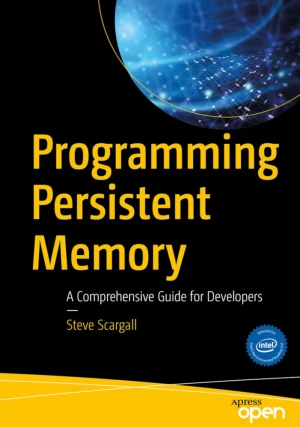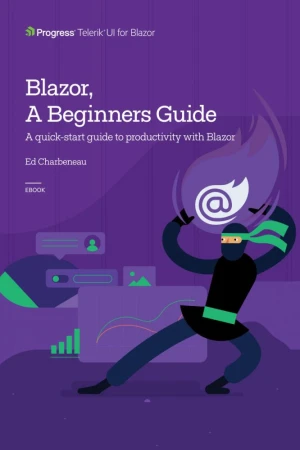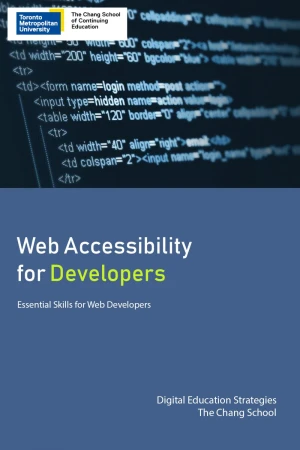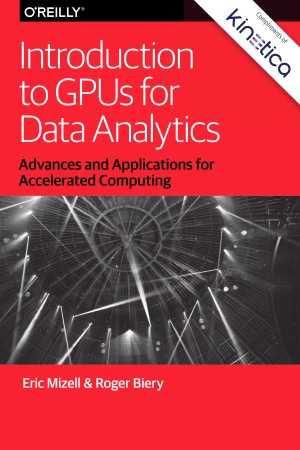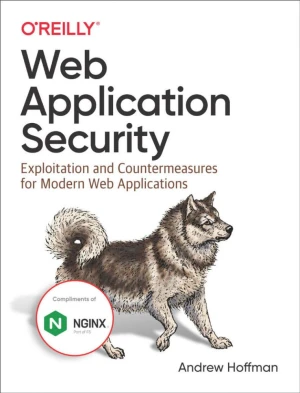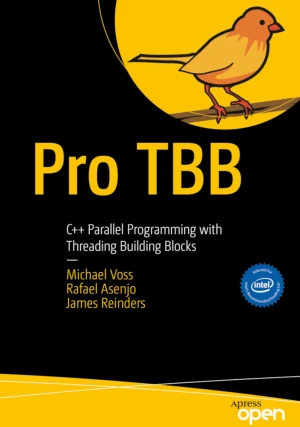Effective AWK Programming, 5th Edition
A User's Guide for GNU AWK
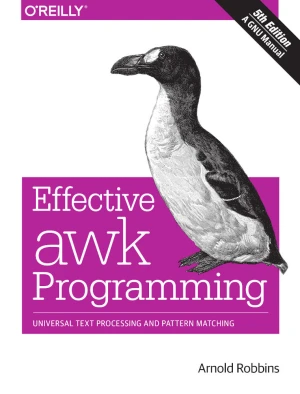
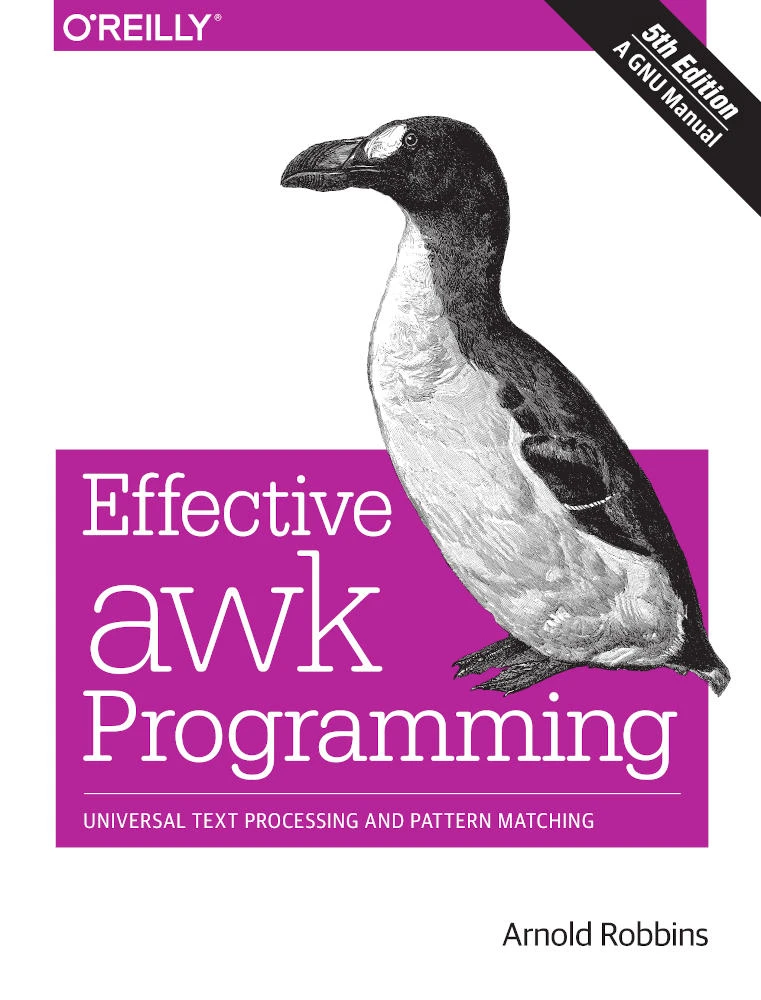
Book Details
| Author | Arnold Robbins |
| Publisher | O'Reilly Media |
| Published | 2020 |
| Edition | 5th |
| Paperback | 572 pages |
| Language | English |
| ISBN-13 | 9781882114283 |
| ISBN-10 | 1882114280 |
| License | GNU Free Documentation License |
Book Description
When processing text files, the awk language is ideal for handling data extraction, reporting, and data-reformatting jobs. This practical guide serves as both a reference and tutorial for POSIX-standard awk and for the GNU implementation, called gawk. This book is useful for novices and awk experts alike.
In this thoroughly revised 5th edition, author and gawk lead developer Arnold Robbins describes the awk language and gawk program in detail, shows you how to use awk and gawk for problem solving, and then dives into specific features of gawk. System administrators, programmers, webmasters, and other power users will find everything they need to know about awk and gawk.
You will learn how to:
- Format text and use regular expressions in awk and gawk
- Process data using awk's operators and built-in functions
- Manage data relationships using associative arrays
- Define your own functions
- "Think in awk" with two full chapters of sample functions and programs
- Take advantage of gawk's many advanced features
- Debug awk programs with the gawk built-in debugger
- Extend gawk by writing new functions in C or C++
This book is available under the GNU Free Documentation License, which means that you are free to copy, redistribute, and modify it, as long as you preserve all original copyright notices, provide transparent access to the source, and release any modified versions under the same license.
If you enjoyed the book and would like to support the author, you can purchase a printed copy (hardcover or paperback) from official retailers.
Download and Read Links
Share this Book
[localhost]# find . -name "*Similar_Books*"
Programming Persistent Memory
Beginning and experienced programmers will use this comprehensive guide to persistent memory programming. You will understand how persistent memory brings together several new software/hardware requirements, and offers great promise for better performance and faster application startup times - a huge leap forward in byte-addressable capacity compar
Blazor, A Beginners Guide
Blazor, A Beginners Guide is intended for developers with some .NET experience. If you're coming from a non-.NET development background, you may learn some .NET basics along the way, but supplemental material around C# and .NET would be of great help to you. The book begins with the author's own perspective on WebAssembly, why it's important to hav
Web Accessibility for Developers
Web Accessibility for Developers is a technical resource aimed primarily at programmers. Learn how to develop accessible interactivity on the Web and gain expertise using WAI-ARIA, a W3C specification that enables optimal use of assistive technologies, like screen readers, when navigating the Web. By the time you complete this book, you should be a
Introduction to GPUs for Data Analytics
Moore's law has finally run out of steam for CPUs. The number of x86 cores that can be placed cost-effectively on a single chip has reached a practical limit, making higher densities prohibitively expensive for most applications. Fortunately, for big data analytics, machine learning, and database applications, a more capable and cost-effective alte
Web Application Security
While many resources for network and IT security are available, detailed knowledge regarding modern web application security has been lacking - until now. This practical guide provides both offensive and defensive security concepts that software engineers can easily learn and apply. Andrew Hoffman, a senior security engineer at Salesforce, introduc
Pro TBB
This book is a modern guide for all C++ programmers to learn Threading Building Blocks (TBB). Written by TBB and parallel programming experts, this book reflects their collective decades of experience in developing and teaching parallel programming with TBB, offering their insights in an approachable manner. Throughout the book the authors present

